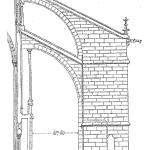
In this edition of the Prelical Video Podcast, we will be exploring techniques for data collection when performing failure analysis. You can learn more from our book on Root Cause Analysis entitled Root Cause Analysis – Improving Performance for Bottom-Line Results.
[Read more…]











